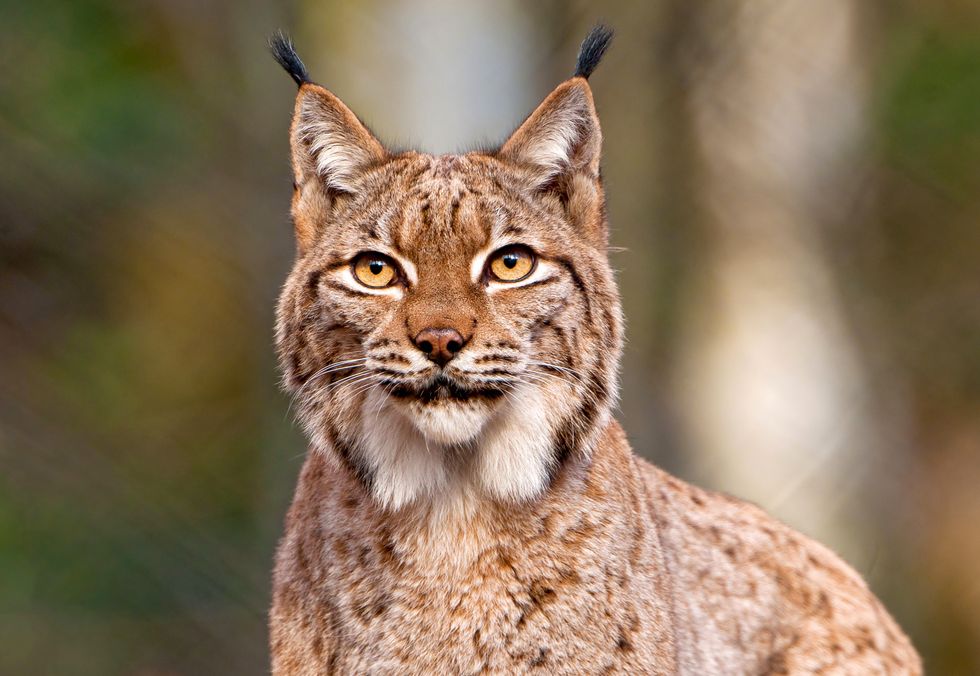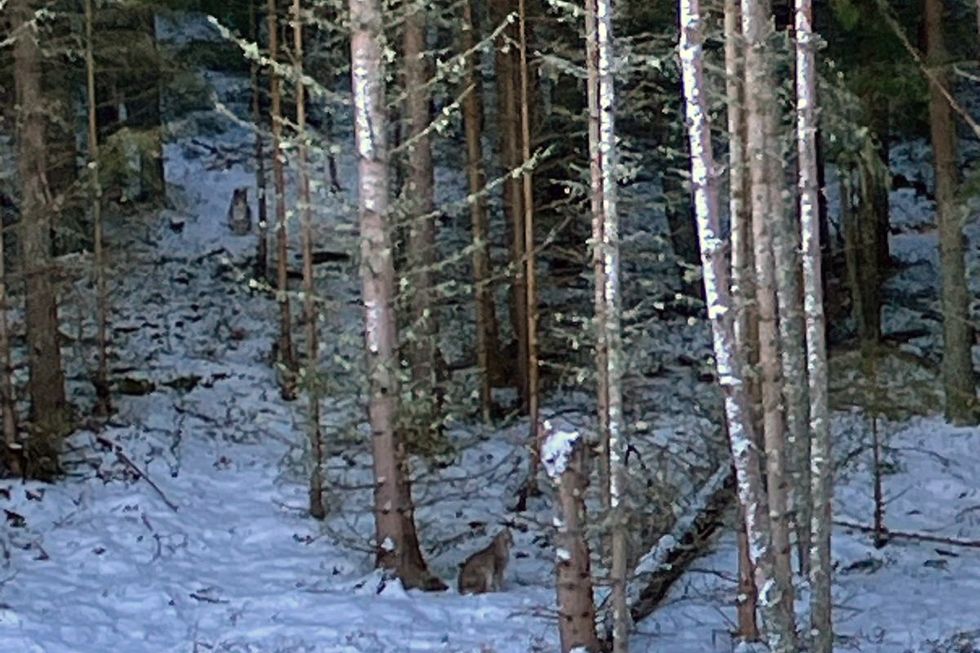Big cats ‘successfully recaptured’ after being illegally released into British countryside
Two lynx that were illegally released in the Highlands have been successfully captured after being spotted on Wednesday night.
Wildlife conservation charities worked alongside Police Scotland to safely trap the animals, which had been reported at large within the Cairngorms National Park Authority grounds.
The Highland Wildlife Park confirmed the capture in a social media post, stating they had humanely trapped the cats overnight.
The animals are currently being held in the park’s quarantine facilities while investigations continue into how they were released into the park.

Officials had earlier assured the public that the cats posed a low risk due to their shy nature.
The cats will be transferred to Edinburgh Zoo in the near future, where veterinary experts will assess their health and welfare.
The animals, dubbed “The KillieHuntly Two”, appear to be in good health following their capture.
David Barclay, manager of the RZSS Saving Wildcats team, described the overnight operation using live trail cameras and baited traps.
“It was amazing to see the lynx being captured safely and humanely, which makes the lack of sleep more than worth it,” he said.

The successful capture was aided by local residents, estates, farmers and conservation partners who provided information to authorities and police.
Wildland staff on the ground also assisted in the operation, with close cooperation between all parties enabling a swift resolution.
Under biosecurity laws, the lynx must spend 30 days in quarantine facilities before any further decisions about their future can be made.
“Long-term, they may return to Highland Wildlife Park, which is near where they were trapped, though it is too early to say for certain,” Mr Barclay explained.
RZSS Chief Executive David Field strongly condemned the illegal release of the animals.

“It was a highly irresponsible act and it is very unlikely they would have survived in the wild due to a lack of adequate preparation,” he said.
“Their abandonment was reckless to the animals, public the community and nature.”
Lynx were once native to Britain but were driven to extinction between 500 to 1,000 years ago.
Conservation groups have welcomed the news of the lynx’s safe capture while criticising their illegal release.
Peter Cairns, Executive Director of SCOTLAND: The Big Picture, praised the swift action by RZSS experts in humanely trapping the animals.
“The Lynx to Scotland Project is working to secure the return of Lynx to the Scottish Highlands, but irresponsible and illegal releases such as this are simply counter-productive,” he said.
Ross Macleod, Head of Policy Scotland at Game & Wildlife Conservation Trust, expressed frustration at the illegal release.
“That is what makes the illegal release of these wild animals so incredibly frustrating, quite apart from the welfare risks to the lynx themselves,” he said.
He praised the ongoing open dialogue between stakeholders regarding potential future reintroduction plans.

